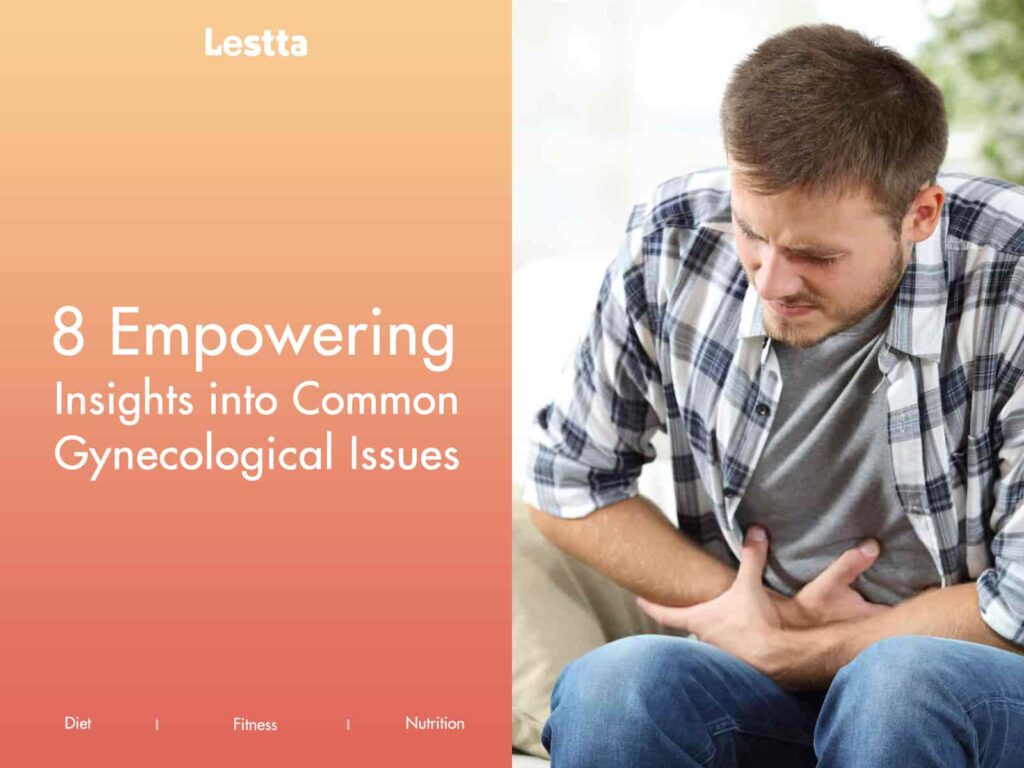
Gynecological issues are a significant concern for many people, impacting their overall health and well-being. In this article, we will explore eight empowering insights into common gynecological issues, shedding light on the importance of awareness and proactive healthcare.
Understanding Common Gynecological Issues
Gynecological issues encompass a wide range of conditions that affect the female reproductive system. These conditions can arise at any stage of a woman’s life, from adolescence to menopause. While each individual’s experience may vary, it is essential to recognize the signs, seek medical advice, and take proactive steps towards managing and treating these issues effectively.
1. Menstrual Irregularities
Irregular menstrual cycles can cause distress and disrupt daily routines. Factors such as stress, hormonal imbalances, polycystic ovary syndrome (PCOS), or underlying health conditions can contribute to irregularities.
Seeking medical guidance can help identify the cause and explore appropriate treatment options.
2. Pelvic Pain
Pelvic pain can range from mild discomfort to severe cramping, and it can stem from various causes, including menstrual cramps, endometriosis, pelvic inflammatory disease (PID), or fibroids.
Consulting a healthcare professional is crucial to evaluate the source of pain and develop a tailored management plan.
3. Urinary Tract Infections (UTIs)
UTIs are bacterial infections that commonly affect women. Symptoms include frequent urination, pain or burning sensation during urination, and lower abdominal discomfort.
Maintaining proper hygiene, staying hydrated, and seeking timely treatment can prevent complications and recurrent infections.
4. Vaginal Infections
Common vaginal infections like yeast infections and bacterial vaginosis can cause itching, abnormal discharge, and discomfort. Understanding the importance of good hygiene practices, avoiding irritants, and seeking medical advice for accurate diagnosis and treatment is vital.
5. HPV and Cervical Health
Human papillomavirus (HPV) is a sexually transmitted infection that can lead to cervical abnormalities and increase the risk of cervical cancer. Regular Pap smears and HPV vaccinations can aid in early detection and prevention.
6. Fibroids
Fibroids are non-cancerous growths that develop in the uterus. They can cause heavy menstrual bleeding, pelvic pain, and pressure. Treatment options range from medication to surgical interventions, depending on the severity of symptoms and individual circumstances.
7. Polycystic Ovary Syndrome (PCOS)
PCOS is a hormonal disorder that affects women of reproductive age. It can cause irregular periods, weight gain, acne, and fertility issues. Lifestyle modifications, medication, and hormone therapy can help manage symptoms effectively.
8. Menopause
Menopause marks the end of a woman’s reproductive years and comes with its own set of challenges, including hot flashes, mood swings, and vaginal dryness.
Open communication with healthcare providers and exploring hormone replacement therapy (HRT) options can alleviate symptoms and support overall well-being.
Conclusion
Empowering oneself with knowledge about common gynecological issues is essential. Therefore, Regular check-ups, open communication with healthcare professionals, and maintaining a healthy lifestyle are key steps towards leading a fulfilling and empowered life.









